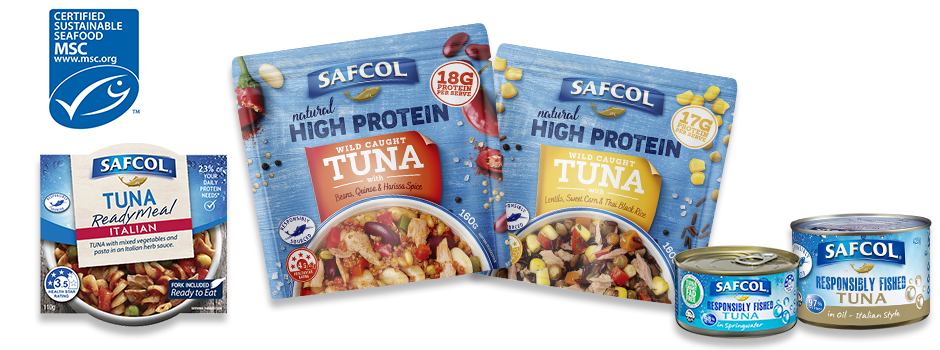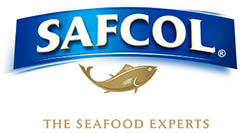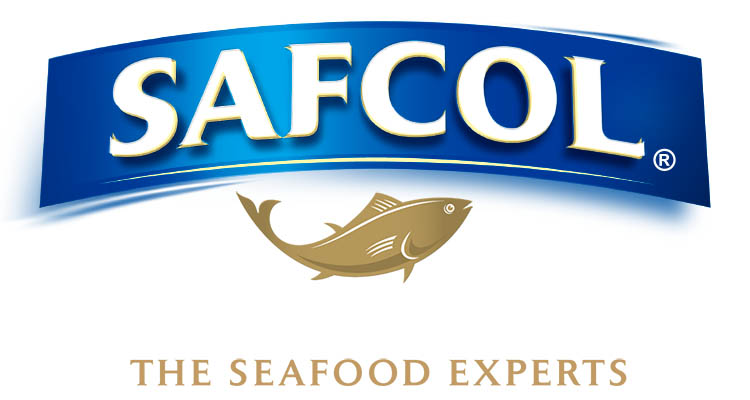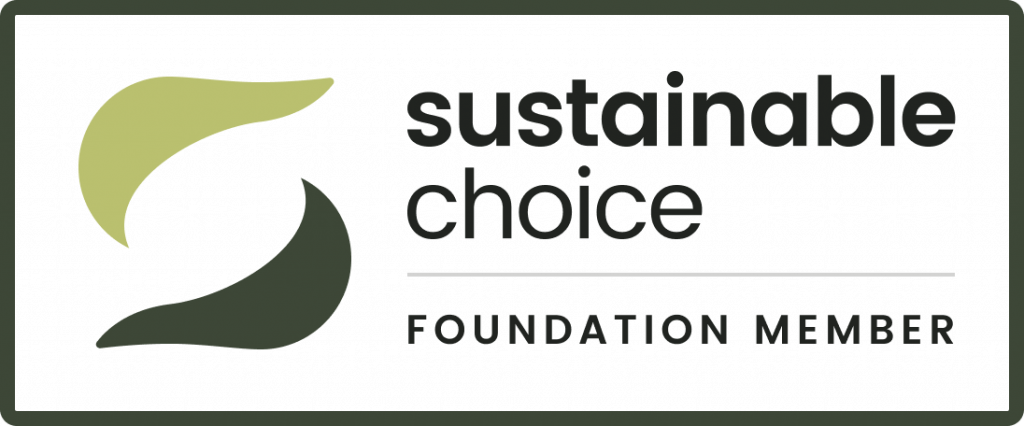by Ashleigh Feltham Accredited Practising Dietitian and Accredited Nutritionist
 Seafood Supports Child Brain Development.
Seafood Supports Child Brain Development.
From conception, the first 1,000 days of life are critical and have an impact on a child’s brain. Nutrition influences a child’s brain health and function. This includes mental capabilities, growth, motor skill development, immune system function, social and emotional abilities, IQ, and whether there is a risk of conditions like obesity later on in life. There is no single food that provides all the nutritional needs for optimal health, but one-star food to include as an essential component is seafood.
There are 14 key nutrients that support a child’s brain development. A lack of these nutrients increases the risk of developmental delays and cognitive deficits. There is a matrix of health benefits contained in seafood.
Protein
Protein is needed for the complete structure of every cell in the body. It plays many key roles throughout the life of your child, but two such roles are supporting optimal brain development for the child’s IQ (measured at seven years of age), and their overall cognition.
Omega-3 Fats
Essential fats do so much for a child’s healthy development. One key role that this polyunsaturated fat plays in the first 1,000 days of life is the development of neural processing in the brain. The type of omega-3 fat found in seafood, docosahexaenoic acid (DHA), is the main type of fat the brain requires to function and grow.
Iron
This mineral is responsible for the myelination of nerve fibres. Myelination is the outer coating of a nerve that allows normal signals to be sent throughout the body. This ultimately affects brain processing speed. Iron also helps to promote optimal motor skill development, memory capacity and recognition as well as supporting mental health.
Iodine
Iodine is needed to produce thyroid hormones. These hormones are needed for the development of your child’s mental capacity and IQ as well as to support abilities like reaction time.
Zinc
This mineral is needed for the development of the autonomic nervous system, which regulates involuntary processes, such as heart rate, digestion, blood pressure, breathing and swallowing. Zinc is also important for the development of the parts of the brain called the hippocampus and the cerebellum.
Copper
Copper is a mineral and an essential trace element. It plays many roles, including being an important part of many enzyme reactions in the body. One of its important functions is for proper growth and development of the brain.
In the first 1,000 days, the mother provides all a growing baby’s nutrition. It is recommended to include seafood during pregnancy two to three times a week, with one serve being 100g of cooked seafood. Good options with the lowest levels of mercury include salmon and sardines. Canned tuna can be safely included in an expectant mother’s diet. Quality canned seafood also decreases the risk of listeria poisoning. Be sure to consider the manufacturers’s practices and try to opt for responsibly fished seafood to protect the future of this vital nutrition source.
Solids are introduced to a child at around six months of age. First foods should include a good source of iron. Iron is not supplied to the infant through breast milk and levels must be restored at the introduction of solids. Seafood, such as salmon, tuna and sardines, is easy to mash and is a great source to top up a baby’s iron levels.
Take home message
Nutrition plays a key role in optimising child brain development in the first 1,000 days of life. Seafood provides vital nutritional components to support brain health into the future.

References:
- Schwarzenberg SJ, Georgieff MK, AAP COMMITTEE ON NUTRITION. Pediatrics. 2018;141(2):e20173716 2.
- Georgieff MK, Brunette KE, Tran PV. Dev Psychopathol. 2015;27(2):411-423
- Horrocks LA, Yeo YK. Health benefits of docosahexaenoic acid (DHA). Pharmacol Res. 1999 Sep;40(3):211-25. doi: 10.1006/phrs.1999.0495. PMID: 10479465.
- Scheiber IF, Mercer JF, Dringen R. Metabolism and functions of copper in brain. Prog Neurobiol. 2014 May;116:33-57. doi: 10.1016/j.pneurobio.2014.01.002. Epub 2014 Jan 17. PMID: 24440710.
- Waxenbaum JA, Reddy V, Varacallo M. Anatomy, Autonomic Nervous System. [Updated 2021 Jul 29]. In: StatPearls [Internet]. Treasure Island (FL): StatPearls Publishing; 2022 Jan-.














Comments are closed.